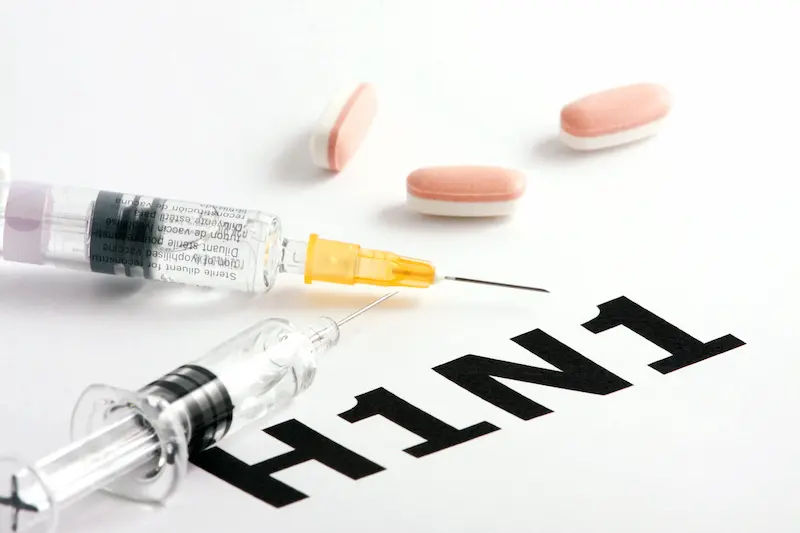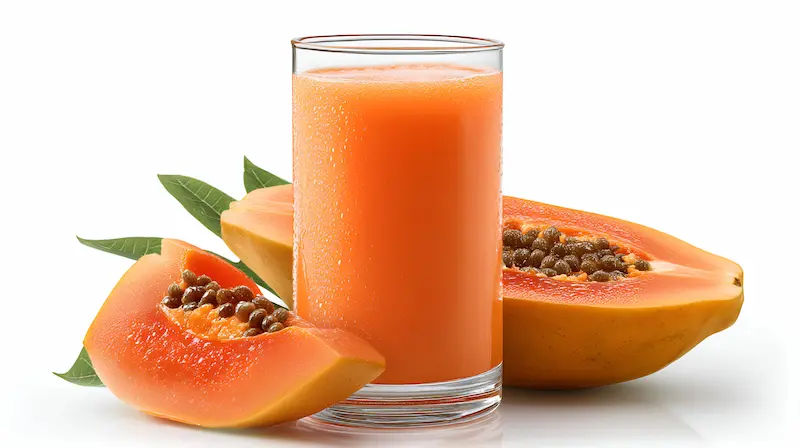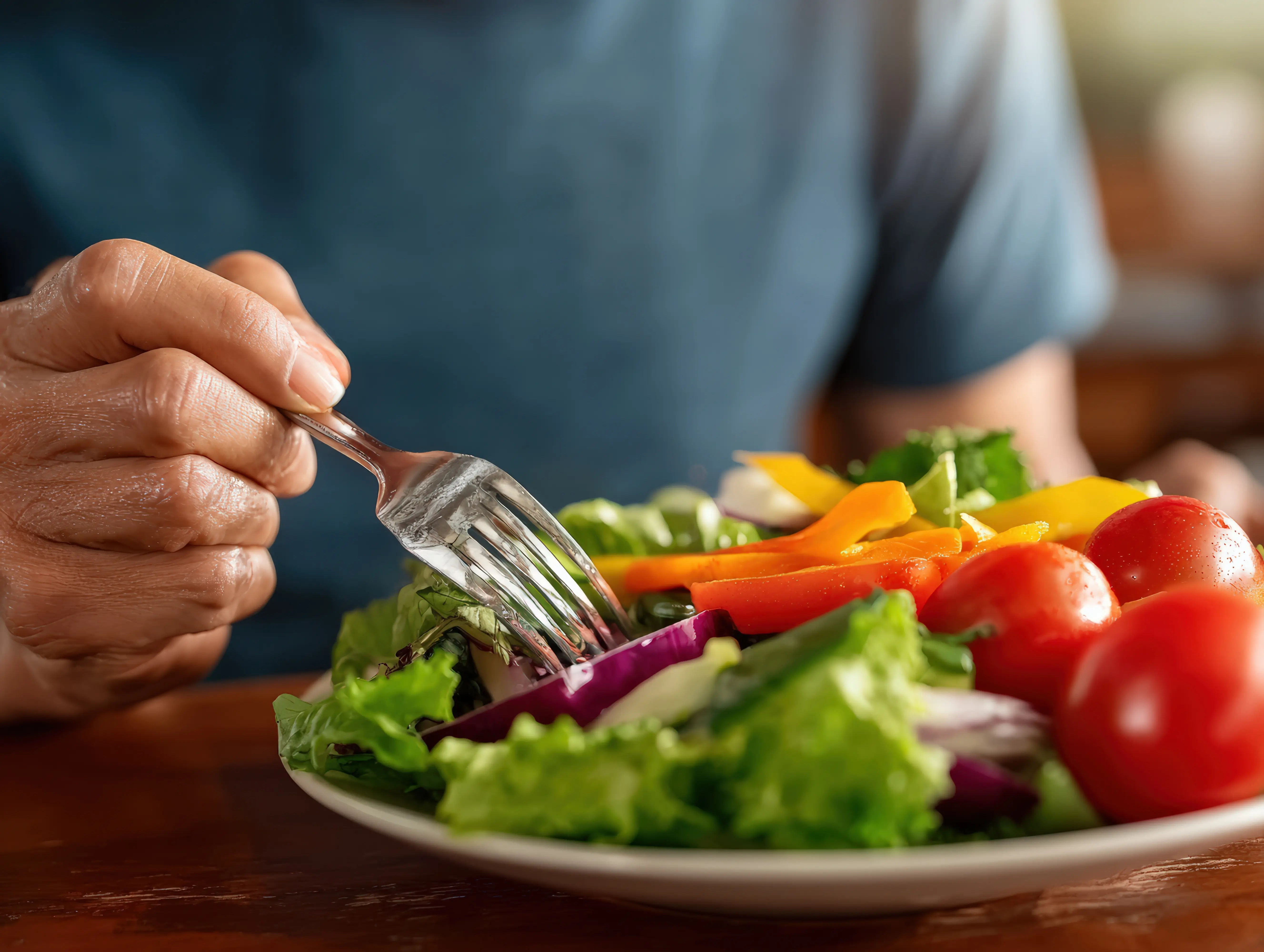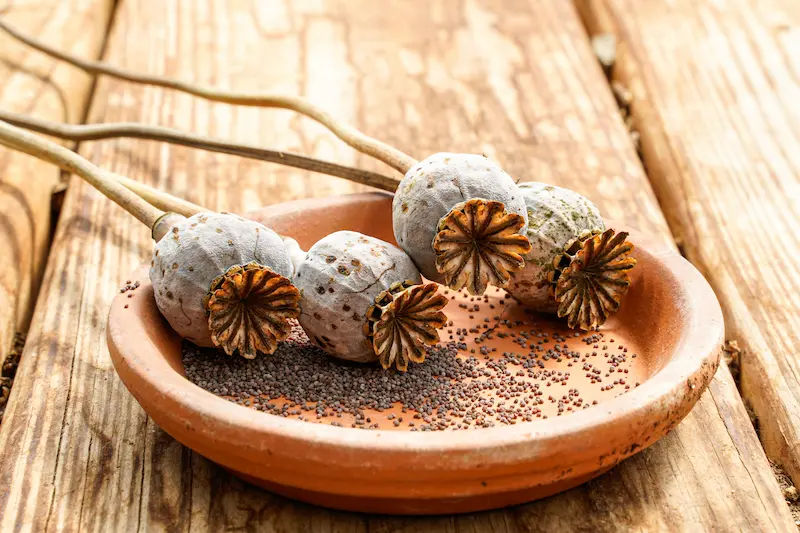Donate Blood Save Life
Discover the importance of blood donation, how it works, its health benefits, and how your donation can save lives. Learn who can donate and where to give blood.

Written by Dr.Sonia Bhatt
Last updated on 13th Jan, 2026
.webp?tr=q-80,f-webp,w-350,dpr-2,c-at_max 700w)
Introduction
Blood donation is a simple act, but it’s one that can have an extraordinary impact. Every year, countless people depend on the generosity of blood donors to stay alive. Whether it's due to an accident, surgery, or an ongoing medical condition, blood transfusions are essential for survival. Unfortunately, there’s no substitute for human blood—it can’t be made in a lab or synthesized. That’s why blood donation is so crucial, and the need for blood is constant. It’s not just about one person; it's about an entire community coming together to help others.
How Blood Donation Works
The process of donating blood is relatively quick and safe. First, a healthcare professional will ask a few questions to ensure you're healthy enough to donate. Then, a needle is inserted into your arm to draw a pint of blood—this typically takes less than 10 minutes. Afterwards, you’ll rest for a few minutes, enjoy a snack, and drink some water. In total, the process usually takes around 45 minutes to an hour. Don’t worry—most people find the experience to be painless and quick.
Once your blood is donated, it can be separated into different components—red blood cells, plasma, and platelets—to be used for specific medical needs. This means that your donation can help multiple people, each with different medical conditions.
The Benefits of Donating Blood
Donating blood is a generous act that not only saves lives but also offers some surprising benefits to the donor. Here’s how giving blood can be good for you:
Heart Health: Regular blood donation can help lower the thickness (viscosity) of your blood, which may reduce the risk of heart disease and stroke over time.
Healthy Iron Levels: Donating blood helps keep your iron levels in check. Excess iron can build up in the body and lead to conditions like hemochromatosis, so regular donation can help prevent that.
Calorie Burn: Believe it or not, donating a pint of blood can burn up to 650 calories, which can contribute to weight management.
A Sense of Fulfillment: The knowledge that your blood donation can save up to three lives is deeply rewarding and gives you a sense of purpose.
Connecting with the Community: Blood donation events are a great way to get involved in your community and make a meaningful contribution to a shared cause.
What Happens to Donated Blood?
When you donate blood, it’s not just one person’s needs being met. Blood is made up of several components, each serving a different function in the body. These components are separated after donation and used to treat various medical conditions.
Red Blood Cells: These cells carry oxygen from your lungs to the rest of your body. Red blood cell transfusions are vital for patients who have lost blood during surgery or trauma, as well as for those with anaemia or chronic blood conditions.
Plasma: Plasma is the liquid portion of blood, helping to maintain blood pressure and volume. It’s used to treat people who have suffered from burns, serious injuries, or liver disease.
Platelets: Platelets are essential for clotting and wound healing. Cancer patients undergoing chemotherapy, as well as individuals with bleeding disorders, often require platelet transfusions.
Each donation can be separated into these components, allowing it to help multiple patients with different needs.
Who Can Donate Blood?
Not everyone is eligible to donate blood. Blood donors must meet certain health requirements to ensure the safety of both the donor and the recipient. To donate, you should:
Be in general good health
Be at least 17 years old (with some exceptions for younger individuals)
Weigh at least 110 pounds (50 kg)
Not have any infections, diseases, or medical conditions that could interfere with the donation
In addition, donors are advised to wait at least 8 weeks between whole blood donations to allow their body to replenish its blood supply.
Preparing for Blood Donation
Proper preparation ensures that the donation process goes smoothly. Here are some tips for preparing to donate blood:
Eat a healthy meal beforehand. Avoid fatty foods, as they can interfere with the blood test results.
Drink plenty of water the day before and the day of your donation to stay hydrated.
Get enough rest the night before to ensure you're feeling your best.
Wear comfortable clothing, with sleeves that can easily be rolled up for the blood draw.
Common Concerns and Misconceptions
Many people hesitate to donate blood due to common misconceptions or fears. Let's address a few:
"Donating blood hurts." The needle may cause a small pinch, but the donation process itself is generally quick and not very painful. Afterwards, many people feel perfectly fine, often enjoying a snack and drink while relaxing for a few minutes. It’s a brief moment of discomfort for the greater good of saving lives.
"I’m not healthy enough to donate." Many people with chronic conditions like high blood pressure or diabetes are still eligible to donate, as long as their condition is under control. The key is ensuring you're in good health on the day of donation.
"Donating blood makes you tired." After a donation, you might feel a little fatigued, but this is typically short-lived. Most people feel just fine after taking a short break and having a snack and water.
If you have any concerns about donating blood, it’s always a good idea to speak with a healthcare provider or a staff member at the donation centre. They can give you more information based on your personal health.
Where to Donate Blood
Finding a place to donate blood is easy. Many local hospitals, blood banks, and clinics accept blood donations. In addition, organizations like the Red Cross often host mobile blood drives at schools, community centres, and workplaces. You can search online for donation centers near you, or visit the website of your local blood bank or donation organization for more information on upcoming drives.
The Importance of Blood Donation During Emergencies
During emergencies like natural disasters, accidents, or large-scale surgeries, the need for blood becomes critical. Hospitals rely on a steady supply of blood to treat patients in urgent need, and during these times, blood banks can quickly run low. By donating regularly, you help make sure there’s always enough blood available when disaster strikes or when trauma cases surge.
In these high-demand situations, blood centers often make urgent appeals, asking the public to step up and donate. If you’re able, consider donating during these crucial times. Your donation could be the difference between life and death for someone in need, whether it’s a car accident victim, someone undergoing emergency surgery, or a person affected by a natural disaster. It’s a powerful way to make an immediate impact and help those facing an unexpected crisis.
Conclusion
Blood donation is one of the easiest and most impactful ways to help others. It’s a simple, safe process that can save lives and improve the quality of life for people facing illness or injury. Whether you donate regularly or just once, your contribution is invaluable. If you’ve never donated blood before, consider making an appointment today—it’s a small act that can make a world of difference.
Every donation counts. By donating blood, you're not just saving a life; you’re giving hope and helping to build a healthier, stronger community.
Consult Top General Physicians
Consult Top General Physicians

Dr Aakash Andgi
General Physician/ Internal Medicine Specialist
9 Years • MBBS MD
Bengaluru
Apollo Clinic, JP nagar, Bengaluru

Dr. Anand Ravi
General Physician
2 Years • MBBS
Bengaluru
PRESTIGE SHANTHINIKETAN - SOCIETY CLINIC, Bengaluru

Dr Syed Mateen Pasha
General Physician
2 Years • MBBS
Bengaluru
PRESTIGE SHANTHINIKETAN - SOCIETY CLINIC, Bengaluru
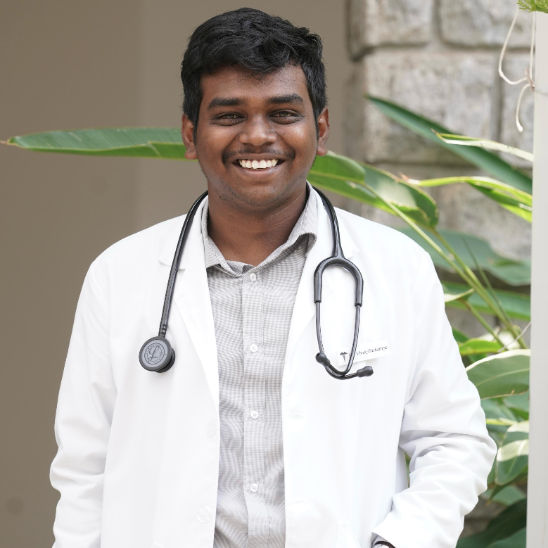
Dr. Vivek D
General Physician
4 Years • MBBS
Bengaluru
PRESTIGE SHANTHINIKETAN - SOCIETY CLINIC, Bengaluru

Dr. Harshendra Jaiswal
General Physician/ Internal Medicine Specialist
12 Years • MBBS , MD (General medicine)
Kolkata
108 DHANA DHANVANTARI Clinic, Kolkata
(25+ Patients)
